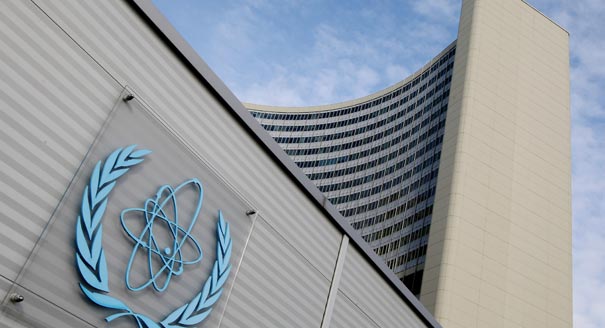Repeated violations of the Nonproliferation Treaty and International Atomic Energy Agency (IAEA) safeguards have been met with ambiguous and inconsistent responses from the international community, creating the impression that states can pursue nuclear weapons programs without meaningful consequences. The IAEA must reassert its full authority, particularly its right to conduct special inspections at undeclared facilities, to strengthen the dangerously weakened nonproliferation regime.
Goldschmidt – former deputy director general and head of the department of safeguards at the IAEA – explains that the deterrence effect of early detection and swift response to noncompliance, essential to preventing proliferation, is no longer sufficiently credible. He recommends concrete steps for the IAEA to reassert its verification authority and for the UN Security Council to improve enforcement mechanisms that would help prevent future proliferation crises.
Key steps for the IAEA:
- Conduct special inspections in Syria. The information and access available to-date has not provided a complete picture of Syria’s nuclear activities. Allowing Syria to stonewall would encourage other states to deny the IAEA future access.
- Declare Iran in noncompliance with its safeguards agreement for denying the IAEA access to verify the design of a research reactor under construction and for refusing to provide early design information on all new nuclear facilities. Failing to enforce these existing rights sets the wrong precedent and undermines the IAEA’s authority.
- Place sensitive fuel-cycle activities under “66-type safeguards” which remain enforceable even if a state withdraws from the NPT. Current comprehensive safeguards agreements lapse if the state withdraws from the NPT, curtailing the IAEA’s ability to act when it is critically needed.
- Recognize that previous failures and breaches committed by South Korea and Egypt amounted to noncompliance with their safeguards agreements. Failure to do so would dramatically lower the standards for compliance.
Key steps for the UN Security Council:
- The UN should adopt a generic and legally binding resolution that will automatically grant the IAEA expanded access to states in noncompliance with IAEA or Security Council requests. Security Council vetoes motivated by political considerations have thwarted previous UN and IAEA action in past proliferation standoffs.
- Further, the UN should adopt a resolution standardizing the course of action in the event a noncompliant state withdraws from the NPT. In such a case the IAEA should seal all nuclear material the state received while party to the NPT and remove it from the country as soon as possible.
Goldschmidt concludes:
“The international community must reject the recent tendency to accept the idea that, sooner or later, more countries will possess nuclear weapons, and that we can do nothing to stop it. Those who think the nonproliferation regime is failing and those who think it is too valuable to let fail generally agree that there are practical steps that can be taken to dissuade and deter non-nuclear-weapon states from seeking nuclear weapons, if the international community—particularly the nuclear-weapon states—make this a higher priority, and not just in words.”







